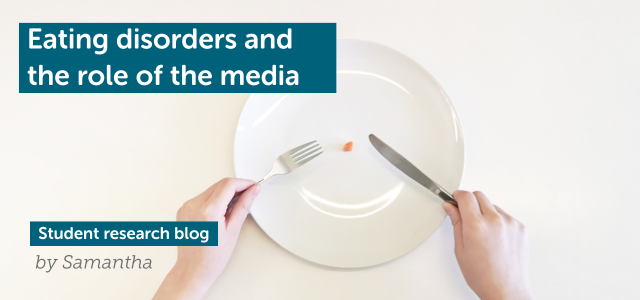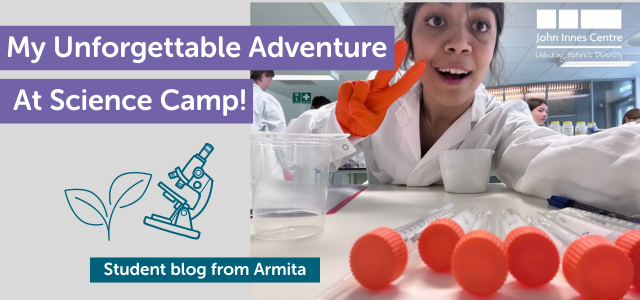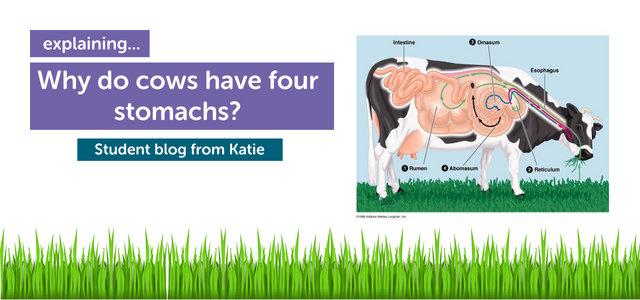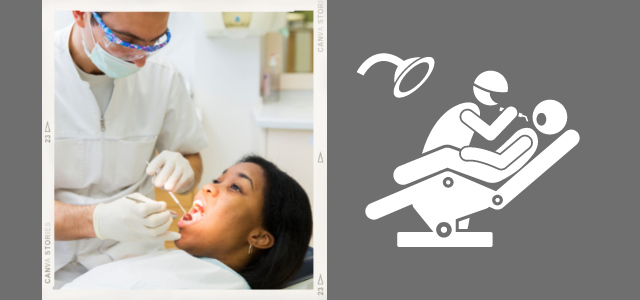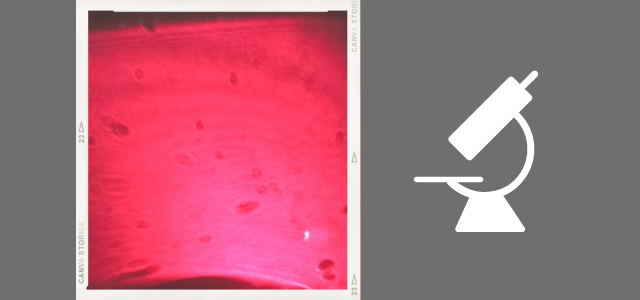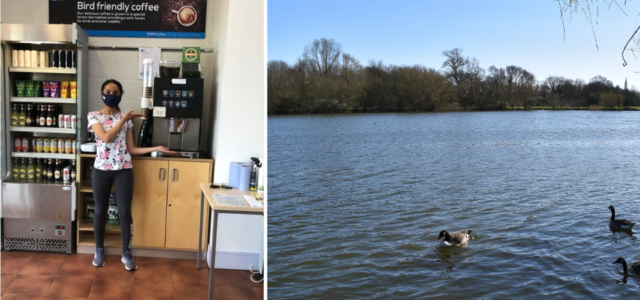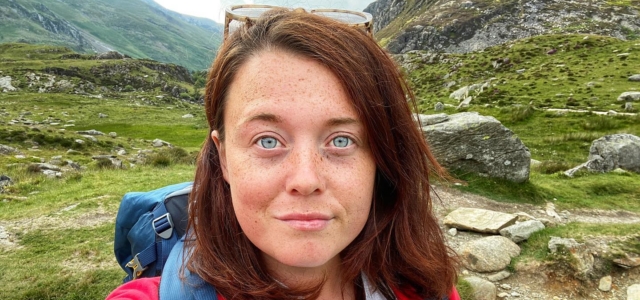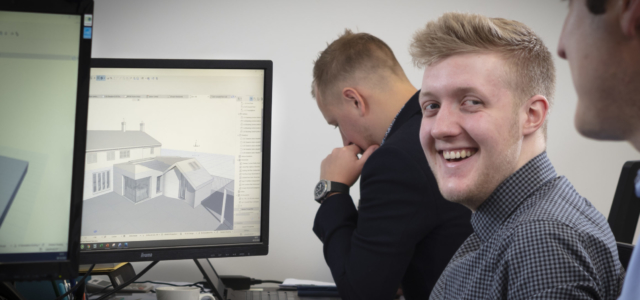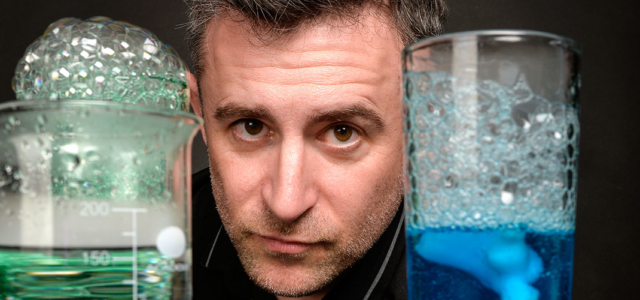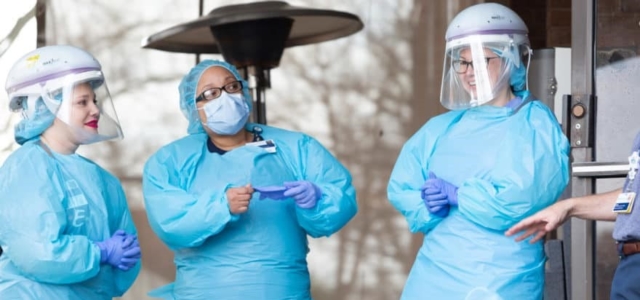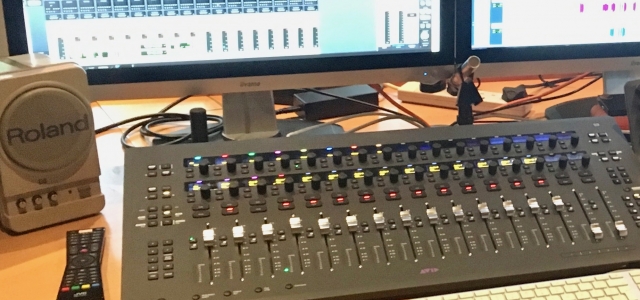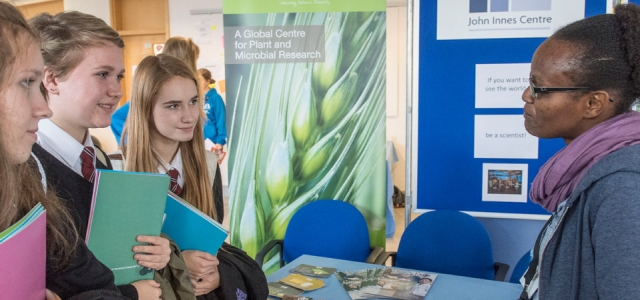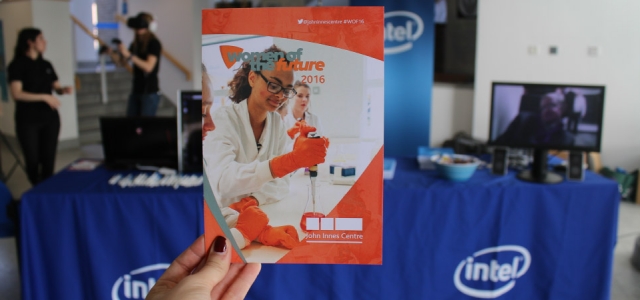While doing the Youth STEMM award I researched careers in medicine and went to a masterclass about how to get into a course in medicine and what it entails. The person talking to us started by saying about the amount of courses (33 undergraduate, and 16 graduate), and what the different qualifications meant. For example, BMBS stands for bachelor of medicine and surgery. They then said about how each medical school is unique, and you should choose the one that suits you best. They then explained that the schools varied based on:
- Teaching style, which can be module based (lectures, then clinical work afterwards), problem based learning, where you are given tasks which you solve in your own time, and then discuss as a group, and integrated systems based medicine, where you learn about one system, e.g. the digestive system, all in one go, doing practical’s alongside theory, and then go on to the next system. Most courses are now this type.
- Location
- Whether it’s a campus or city university
- The year group size
- Duration – most courses are 5 years long, but you may need to do another degree in between the years for the main medicine course, and this will add an extra year on. You may also have to do a foundation year before the main course if you didn’t do the right sciences at A-level.
- Anatomy: during medical school, you get given a body donated to science and over the first 2 years you dissect it, however, in some medical schools they don’t have enough bodies for you to do it, so they just give you parts of a body instead.
- Admissions criteria
After this we learnt what you did in different years in an integrated course, which is:
- Years 1-2 are university based, so you will have lectures and seminars, early patient contact, and will perform dissection. It mainly focuses on how the body is normally.
- Year 3: Clinical work. It is very intensive.
- Year 4, where you carry out a research project and do an elective (where you choose where you want to go and you practice medicine there for 6-8 weeks.
- Year 5 is similar to year 3, and you have to do your final exam.
- You may also do an additional degree in between 2 of these years.
We then learnt what you need to do to get into medical school, such as:
- Academic criteria – good GCSE profile, sciences, A-levels at grade AAA, including chemistry and biology/physics/maths
- Work experience
- Extra-curricular activities
- Vaccinations
- Clean crime record
- Pass an admissions test
- An understanding of medicine – keep up to date with latest advances.
After this we learnt about the tuition fees required and how to apply.
Overall I found it really interesting and it has given me an insight into what I should do if I want to pursue a career in medicine, and I enjoyed the day.



 Samuel is a year 11 student at Reepham High School and college working towards the Bronze Award. He is most interested in the Medicine STEMM sector.
Samuel is a year 11 student at Reepham High School and college working towards the Bronze Award. He is most interested in the Medicine STEMM sector.







